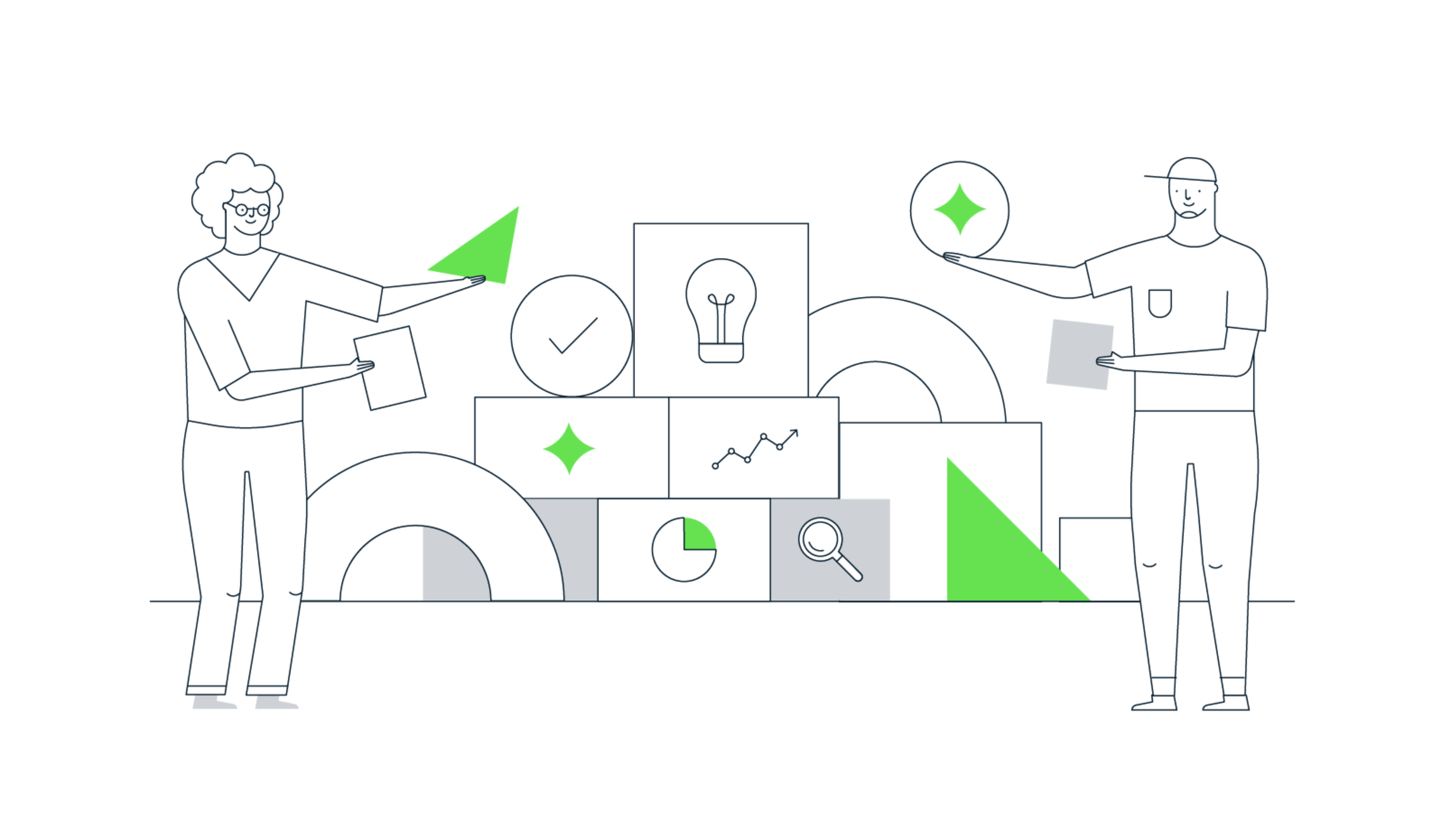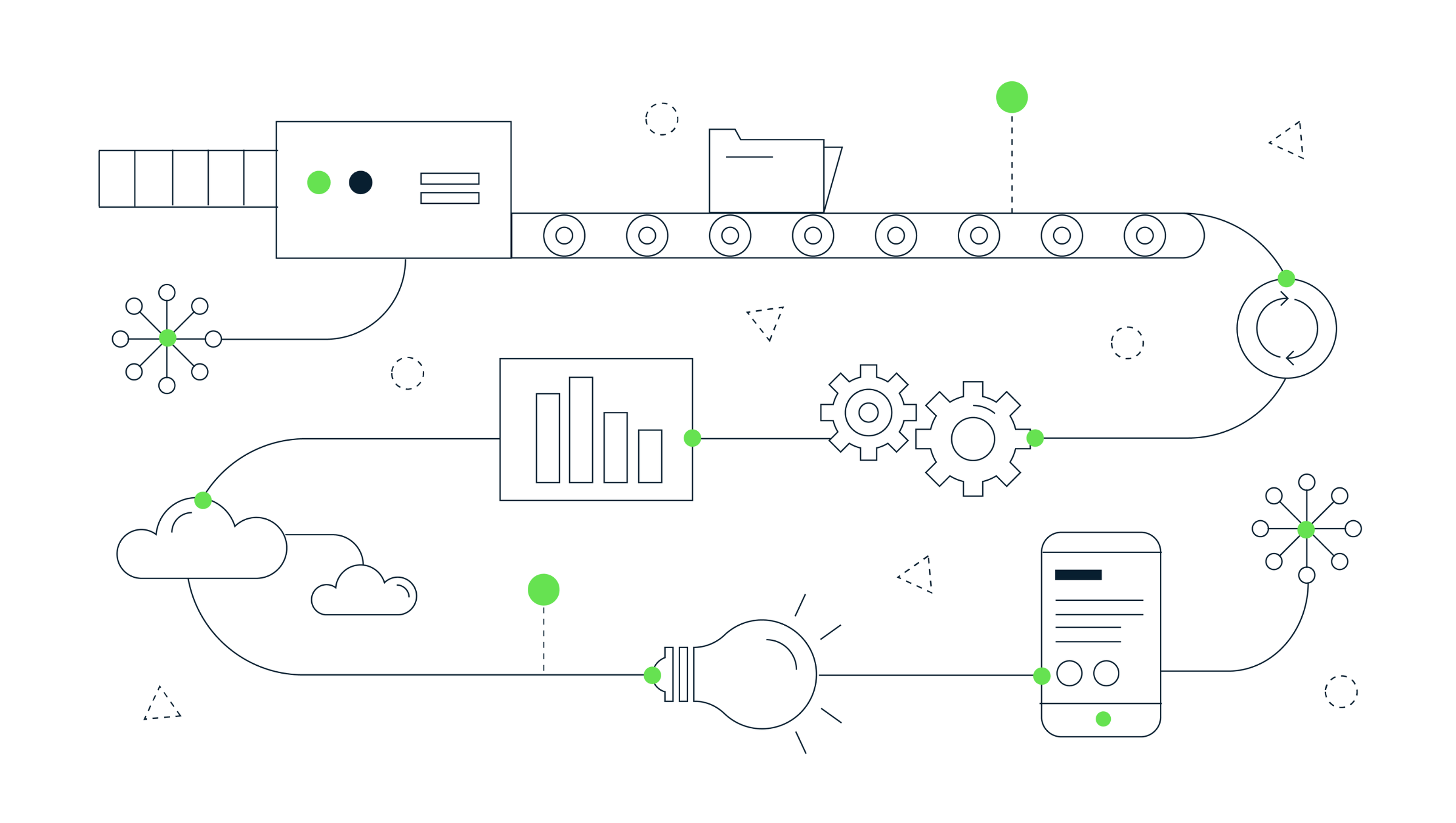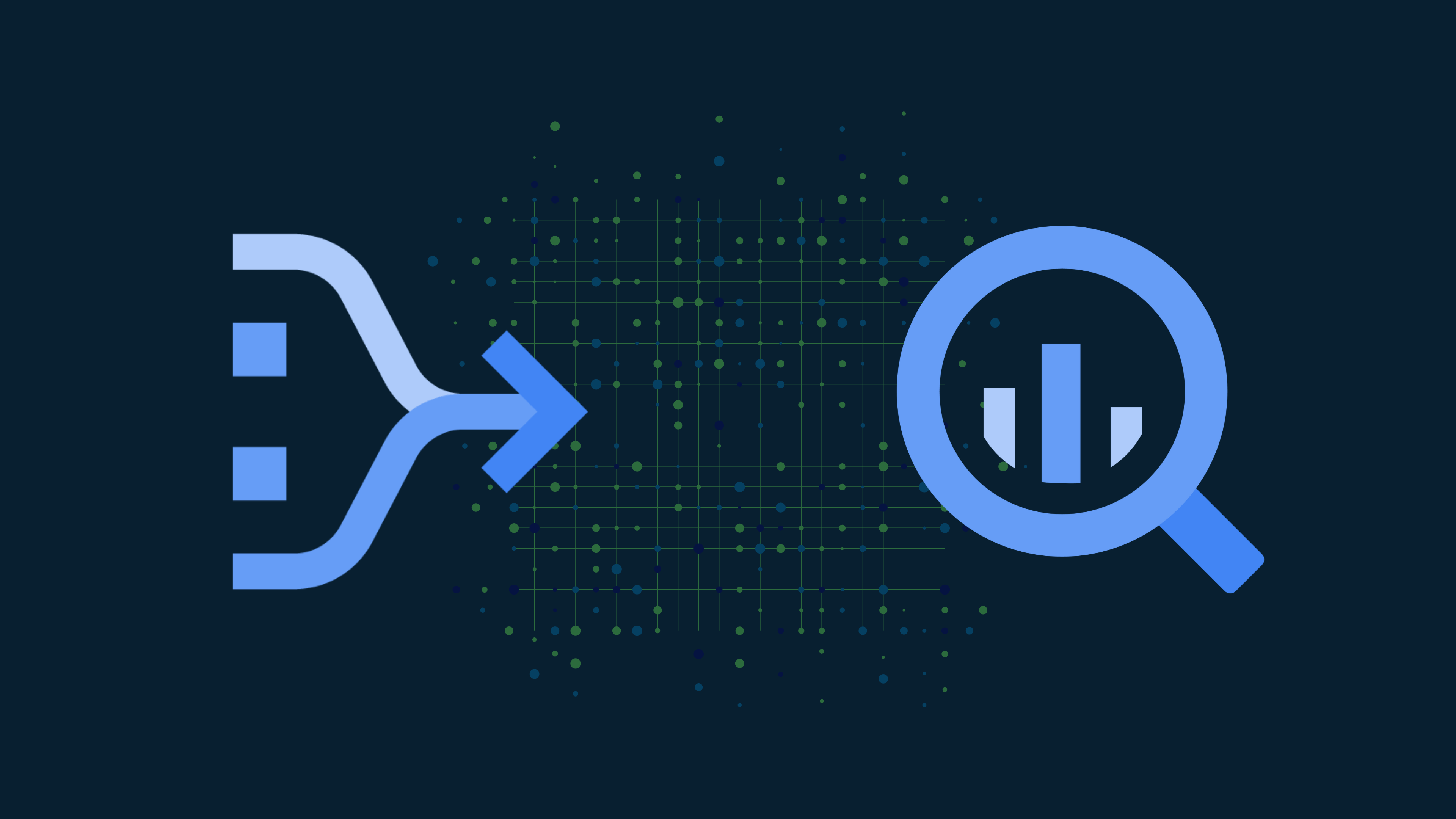Measured Opinions #2: Is the Session dead?

This week Dan and Dara debate the usefulness of the Google Analytics (GA/GA4) Session, and try to see if there is an alternative. Or if one of them is right and the other is flat out wrong.
The reference Dan makes to Stadia’s session days is https://bit.ly/3l9j1RW, although he still can’t prove they stole the idea from him…
Leave a rating and review in the places one leaves ratings and reviews, or suggest a new topic by emailing Dan and Dara at hello@measurelab.co.uk.
Transcript
Dara: [00:00:17] Hello, and thanks for joining us in The Measure Pod, a podcast for analytics and enthusiasts where we try and make a little bit of sense out of some hot topics in the analytics industry and ideally have a bit of fun along the way. I’m Dara MD Measurelab joined as always by Measurelab’s longest serving analytics consultant, Dan.
Dan: [00:00:36] Hey, how’s it going?
Dara: [00:00:37] Good thanks, how are you Dan? And what have you been up to this last week?
Dan: [00:00:40] Yeah, I’m good thank you. I’ll tell you why I’ve been up to you. I have been launching a podcast, which I have never even thought of doing before. So this is episode number two of our podcast we started and I’m learning an awful lot about editing, RSS feeds and probably more relevant for this conversation is analytics. I’ve been playing with all sorts of podcasts analytics tools, and it has been a world of fun. I can’t wait to get a bit of data to be able to talk about it more. And how about you Dara? What you’ve been up to this week?
Dara: [00:01:08] Well, I’d like to say I’ve been working on making my voice sound less professional I think was the feedback, maybe serious or even monotone might be what they actually meant, but that’s a work in progress I think.
Dan: [00:01:21] You don’t need to fix your lovely professional phone voice. What’s wrong with it?
Dara: [00:01:24] Thanks Dan. So I’ve been, this might sound like a bit of a plug, but I’ve been focused quite a bit on recruitment. We’re looking to grow our odd family of analytics professionals here at Measurelab. So that’s taken quite a bit of my focus for the last week. End shameless plug. So enough about that Dan, what are we talking about this week?
Dan: [00:01:45] Well, I thought this week we could have a little debate. This is something that we’ve been talking about probably as long as I’ve known you, Dara. But the topic today is “Is the session dead?” So we’re talking about the session in terms. Yes. well, you could already tell who’s on whose side. I’ve been on the side that I think the session is a bit dated and I think that it doesn’t really have a place. And Dara, you think that.
Dara: [00:02:08] The session is amazing.
Dan: [00:02:09] So just to preface all of this, this is purely our opinion. We’re just going to have a bit of fun with it, we’re talking specifically about the GA session, but we are going to take it very seriously. It’s Dan vs. Dara.
Dara: [00:02:21] There can only be one.
Dan: [00:02:22] So, you’ve got to set some ground rules here. We’re not gonna go personal with this stuff.
Dara: [00:02:26] No low blows.
Dan: [00:02:27] Yeah, I will say my piece on why the session is dead and, um,
Dara: [00:02:32] And then I’ll tell you why you’re wrong.
Dan: [00:02:33] And then we can come to a mutual understanding of why I’m right. All right. So the session is dead. I boiled it down to three reasons. So, first of all, the definition is way too rigid. We’ve got one definition of how to assess a session and the timeout of a session across all pages of websites and screens on apps. One definition across all of it. It’s just way too rigid. Secondly, it’s just too old fashioned. I think I mentioned it even on the last episode but, no one sits down to have a session on a website anymore. Always being connected and having these micro moments on brands, websites and apps and thinking of them in terms of longer, more specific and dedicated sessions is just too archaic. And lastly, this is a web focused definition. This is a web metric that we’ve tried to apply into the app world. I’m not saying it doesn’t work necessarily, but it’s an old fashioned definition. That was originally thought of from a desktop web perspective that we’ve now tried to roll out across every single internet connected device that we have.
Dara: [00:03:32] Firstly Dan, I can’t believe you’re using an old fashioned as a negative. What’s wrong with being old fashioned. What’s wrong with being old school, the session has been around from day dot and I think it’s going to continue to live on, but I am going to argue rather than the session being alive and well, maybe I’ll argue that it’s not dead, but it is sick, maybe in need of a little bit attention. So I don’t, I don’t entirely disagree with you. In fact, I’m not sure I disagree with you at all.
Dan: [00:04:03] Oh so you agree. That’s a nice, real short episode. Maybe we can end it there.
Dara: [00:04:06] I don’t agree fully. And also that would be boring, so let me at least try and disagree with you. So whenever I think about moving away from sessions, the obvious metric to step in is users. Reliably counting users is becoming more and more difficult. So in reality sessions could be what we’re left with. So we may have no choice. Secondly, traditional metrics, even calculated ones like conversion rate and the session metric itself is widely understood. So companies know how to use it, how to report on it, how to interpret it. And thirdly, around attribution channel attribution occurs at the session, so it’s a good aggregate level. And also relates back to some advertising metrics like cost per click, click through rate, cost, et cetera.
Dan: [00:04:58] So I agree. I actually agree especially things like attribution. I started in this industry in attribution modeling I still live by it. I’m not saying it’s the answer to all problems, but I completely agree that you need to be able to model on some aggregate data. And I do understand the traditional metrics. I’m sure we can all appreciate this, it’s taken us and still is taking us a lot of effort to get the most basic numbers understood and recognized within industries. It’s only the people stuck in their ways that have maybe certain systems or automated systems in place it might throw a spanner in the works. But I don’t see that to be a permanent disruption, that’s just a momentary bump in the road. And I do agree around the user stitching, is that it’s hard, it’s hard to identify users. The users you really want to identify and work with, they’re probably going to provide some kind of user ID if you’ve got some login system, they would have consented for analytics tracking. If all those boxes are ticked. Then you can still do what we’ve been doing this whole time. We should just accept that analytics data is never going to be complete and move on with that.
Dara: [00:05:56] I agree it’s never going to be perfect. And I guess what I’m saying is that session definition needs to be reviewed and modernized but I don’t see it going away, I still think it has a place. And I think it has a place alongside other metrics like users, which as you say, is going to be more reliable for existing customers who are logging in. And then for anonymous users, it’s going to be maybe more leaning towards using sessions or event data, to understand behavior. I would argue with your point about having a rigid definition of a session being a bad thing. I don’t necessarily agree with that. I do think it adds a level of consistency, and as I mentioned earlier, it means it’s a metric that people are familiar with and there’s consistency when looking across historical data as well.
Dan: [00:06:43] Yeah, for sure. The historical database I completely get. But I suppose, with Google introducing GA4, I think the historical data is gone, and if we’ve got a good opportunity to change something surely now will be the time to change the definitions.
Dara: [00:06:55] Well, can’t, we both have what we want Dan?
Dan: [00:06:57] I think we can, and this is something I’ve been thinking about for quite some time now is creating a separate metric that is a bit more meaningful than just sessions, especially with some of the limitations we’ve already said, it’s this idea of session days. Weirdly, Stadia Google’s gaming streaming service, they introduced this recently on there latest conference well, they call it , game session days. We can use the same in a digital analytics context. And it’s about how many days someone has been visiting your website, your app, your internet connected fridge or whatever device it is you’re tracking. And it kind of gets around the issue if you’ve been on a page too long and you move to the next page or screen, then it counts a new session. It gets around that. It doesn’t matter how many sessions you’ve done in that day, the idea then is it just counts as one session day. And if they come back the next day, that’s great that they’ve had two session days. And that way we can still keep this idea of engagement and re-engagement of your customers coming back to your website or app. And I still think that we can do things like attribution modeling. However we do it, whether we pick the first channel that drove that session day, then we can pick that and do our attribution modeling. Look, it’s not going to fit every business. It’s not going to be perfect, but this idea of session days is a metric that we can create now right. We’ve got the data in GA. We’ve got the data in GA4, we can think about using session days as a gauge, but at the same time, still gives me what I want, which is deprecating the classic session, and I think it kind of meets what you want, which is that it needs modernizing. I don’t think we have to reinvent the wheel here, we can still use conversion rates. We can still use attribution. What do you think, have I convinced you, can we meet in the middle amicably with session days?
Dara: [00:08:30] I’ll agree to me in the middle, if we can also agree to keep the good old fashioned AKA tried and tested session metric as well. So I like the idea of session days, and I think you’re bang on about it being this kind of compromise so a nice in-between metric. But I still think there might be value in having the classic session metric. And in GA4, for example, you could have both couldn’t you, if they introduced this session days as an additional metric.
Dan: [00:08:56] Absolutely, and even if we can’t get the big G to add it into GA4 for us, this is something we can calculate in BigQuery, we might even be able to do something in GTM, even in a dashboard and aggregate the data by day. I’m sure there’s ways that we can do this to make it useful now. Okay, so we can meet in the middle and we can use session days, and yes, we can keep sessions in this mythical GA4 future that we’re creating for ourselves but hide them from the default reports, keep them on the back burner, just in case we need them, but not put them in front of everyone’s faces.
Dara: [00:09:26] As long as I can find them, then we’ve got a deal. Okay, this has been a weird debate. We’ve ended up agreeing, meeting in the middle, kind of. So in conclusion, the session needs some attention. You had a very good idea. Well, that you stole from Stadia.
Dan: [00:09:42] I can’t prove it, but I was definitely thinking this years ago. I can’t help it if Stadia came out and stole my idea while I was sleeping.
Dara: [00:09:49] You did mention it to me before that is true. So you’ve got this good idea of having this session days metric, but keep sessions for old timers like me to keep me happy. In the meantime long live the session.
Dan: [00:10:03] Yes boss.
Dara: [00:10:05] This is the thing Dan that you have to realize, is one of the perks of being the boss is I get to say I’m right. I’m only joking, but at the risk of us starting to actually agree too often, which I think would be a bad thing, let’s wrap this up and move on. So what have you been doing to wind down Dan?
Dan: [00:10:21] I tell you what I’ve been doing, I’ve been watched the Olympics and as an avid skater for most of my life, skateboarding is now in the Olympics for the first time ever. And I’ve watched the men’s and women’s street finals, and it was absolutely fantastic to see the camaraderie, the competition, and a huge congratulations to the two gold medalists Yuto Horigome. He’s 22 from Japan, won it for his home country. And Momiji Nishiya, she’s 13 and she won a gold medal in her own country, at the Olympics for the first time skateboarding’s ever been in the Olympics. I just think it’s great for the sport, it’s amazing to watch, absolutely fantastic.
Dara: [00:10:54] Wow. That’s frightening that somebody, 13 years old won a gold medal at the Olympics.
Dan: [00:10:59] So what about you? What have you been doing? It’s a one down from this crazy world of analytics.
Dara: [00:11:03] Well, I’ve been watching the Olympics also, but I didn’t watch the skateboarding, actually. And I regret it now, hearing you talk so passionately about it. But the other thing that I was doing over the weekend, I binge-watched The Last Dance, which is the Netflix documentary about Michael Jordan and the Chicago Bulls. And if it sounds like that makes me a big basketball fan, I’m not, I know nothing about basketball and I don’t play basketball, never have. But I do love sports documentaries, and it came really highly recommended and it’s great, but I didn’t realize there was 10 episodes, so I ended up watching all of them over the weekend.
Dan: [00:11:36] Wow. So I take it that low cabin never got finished?
Dara: [00:11:38] It didn’t, but I now feel like I could probably go and play for the Chicago Bulls. Okay. I think that’s about enough chit-chat from us today Dan. For anyone listening you can, as always find out more about us at measurelab.co.uk, or you can email us at hello@measurelab.co.uk. If you have any questions or even if you’d like to suggest a topic for Dan and I to discuss here on The Measure Pod. So join us next time for more analytics chit-chat. I’ve been Dera joined by Dan. So it’s buy from me.
Dan: [00:12:06] And buy for me.
Dara: [00:12:07] See you next time.
Dan: [00:12:25] All right. I’ll see you later mate, bye.
Dara: [00:12:26] See you, bye.
Daniel Perry-Reed
Subscribe to our newsletter:
Further reading

Easy ways to prepare your BigQuery warehouse for AI

Data pipeline optimisation with Google Cloud and Dataform
